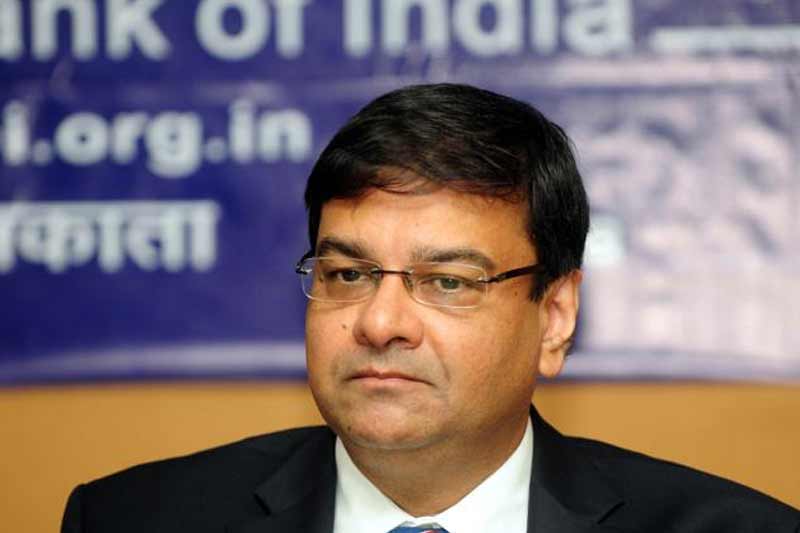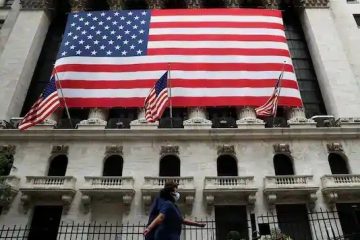India : RBI unexpectedly keeps rates unchanged even as cash crunch roils economy

MUMBAI : The Reserve Bank of India (RBI) unexpectedly kept its key policy rate unchanged at 6.25 percent on Wednesday, despite calls for action in the face of an intense cash shortage that threatens to slam the brakes on the world’s fastest-growing large economy.
The RBI’s monetary policy committee voted 6-0 to leave the repo rate unchanged, saying it needed more time to assess if the recent cash squeeze would cause more lasting damage to the economy.
Pressure on the central bank and its governor, Urjit Patel, to act has grown since Prime Minister Narendra Modi stunned the country on Nov. 8 by abolishing 500- and 1,000-rupee notes ($ 7.35-$ 14.70), removing 86 percent of the currency in circulation in a bid to crack down on the “shadow economy”.
While shortages of new bank notes are still being reported, and some companies’ cash-reliant supply chains have been left in tatters, the government insists conditions will steadily improve by the end of the year.
The RBI also said it expected the impact from the measures to ebb as new notes come into circulation, even as it trimmed its growth forecast for the year ending in March 2017.
“It is important to analyse more information and experience before judging their full effects and their persistence,” the RBI said in a statement. “If the impact is transient as widely expected, growth should rebound strongly.”
A majority of 56 analysts polled by Reuters had expected a rate cut of at least 25 bps, after a similar move at the RBI’s last review in October.
As expected, the central bank did withdraw the temporary 100 percent increase in the cash reserve ratio announced late last month that was intended to absorb the extra liquidity from people depositing the abolished notes into their banks.
In keeping its policy setting steady, the central bank also expressed concerned about the risk of a flare-up in inflation.
Although consumer inflation eased in October to 4.20 percent, below the RBI’s target of 5 percent by March, prices in India have traditionally been dependant on volatile food and fuel prices. Global crude oil prices have spiked in the last week.
The RBI expressed special concern about core inflation, which remained around 5 percent in October. Patel, in a news briefing, called it of “critical importance” to monetary policy.
The RBI also cited concerns about the “high volatility” in global financial markets, and the potential spillover as the U.S. Federal Reserve gears up to raise interest rates next week.
The RBI’s views on the economy, like the government’s, are more optimistic than many private forecasters and at odds with bond markets, which had sent the 10-year bond yield to a 7-1/2 year low last month on anticipation of aggressive rate cuts, but up 20 bps on Wednesday.
India’s economy grew by an annual 7.3 percent between July and September, the fastest for any large economy.
But some analysts warn that expansion is threatened by Modi’s bank-note ban, and the RBI’s decision has now injected a dose of uncertainty about its next review in February.
Some analysts welcomed the decision as a display of independent thinking from a monetary policy committee that was constituted this year to make decision-making more transparent and less dependant on the RBI governor.
But others said the RBI’s decision aligned with the government’s insistence that the impact from its action would only have a temporary impact.
Data from last month was discouraging, showing auto sales plunged and service sector activity contracted.






